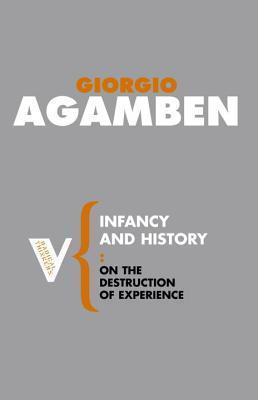What do you think?
Rate this book


176 pages, Paperback
First published January 1, 1978
The toy is what belonged – once, no longer – to the realm of the sacred or of the practical-economic. But if this is true, the essence of the toy (that ‘soul of the toy’ which, Baudelaire tells us, us what babies vainly seek to grasp when they fidget with their toys, shake them, throw them on the ground, pull them apart, and finally reduce them to shreds) is, then, an eminently historical thing: indeed, it is, so to speak, the Historical in its pure state. (71)The conclusion? “If ritual is therefore a machine for transforming diachrony into synchrony, play, conversely, is a machine for transforming synchrony into diachrony” (74).